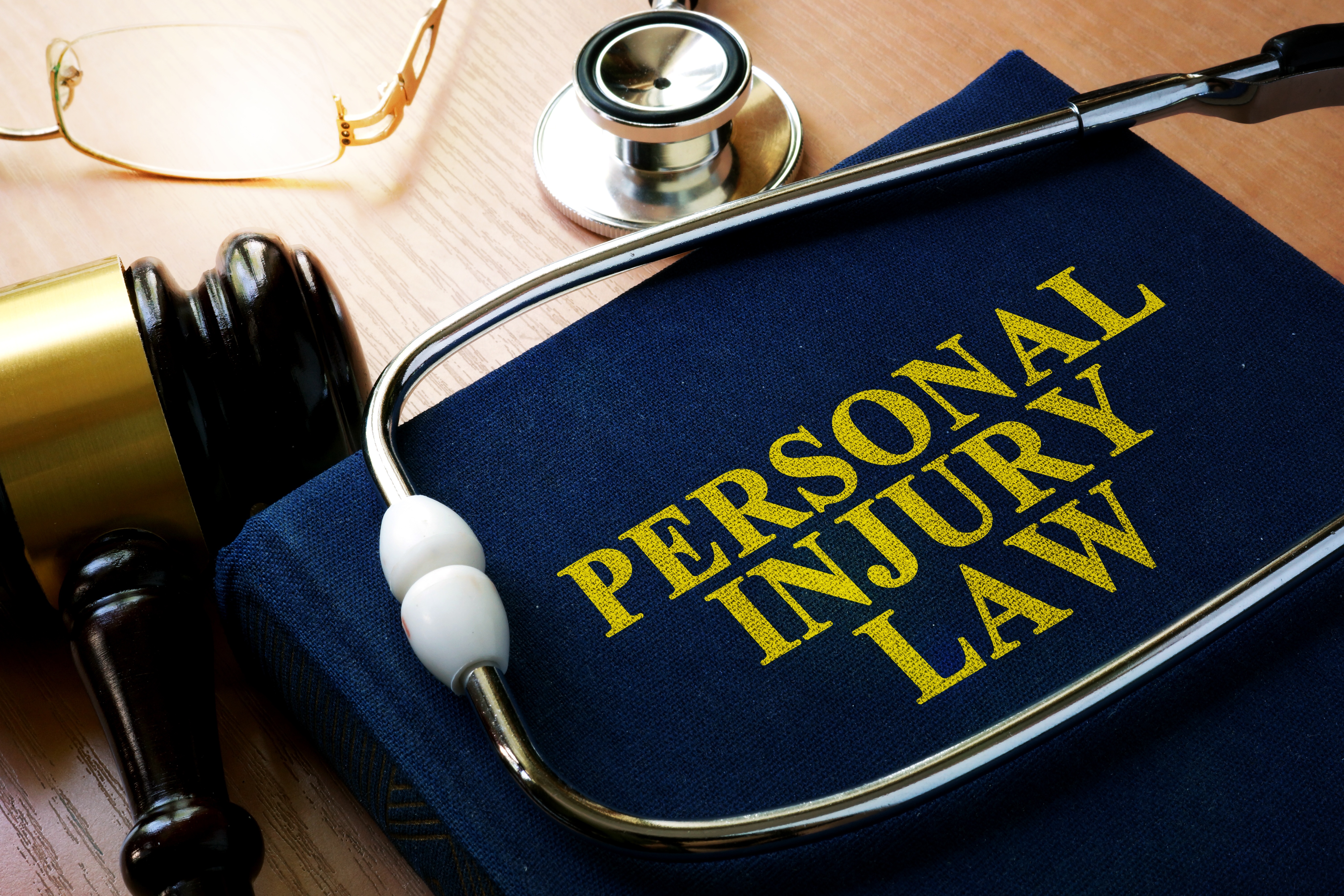Personal Injury Cases and Depositions: What to Expect
 When seeking compensation for a personal injury, it’s common for a deposition to occur in order to gather information from witnesses prior to a civil trial. At the Law Offices of Sean M. Burke, our practice areas are wide ranging, making our team a great resource for personal injury depositions.
When seeking compensation for a personal injury, it’s common for a deposition to occur in order to gather information from witnesses prior to a civil trial. At the Law Offices of Sean M. Burke, our practice areas are wide ranging, making our team a great resource for personal injury depositions.
Personal injury depositions can be intimidating, but with the right amount of preparation and an understanding of what to expect, they don’t have to be. Attorney Sean M. Burke prepares clients with personal injury cases and depositions in Irvine, CA, helping build strong cases and getting his clients the settlement they deserve. If you have been injured and need help with your personal injury case, we welcome you to schedule a consultation.
What Is a Deposition?
A deposition is a meeting prior to a trial during which a witness is asked questions and must answer under oath. Their sworn oral testimony is typically recorded by a court reporter and is sometimes used in trial.
Depositions are performed in personal injury lawsuits to find out what witnesses may know about the events or injuries and to preserve the testimonies of witnesses.
Depositions are done during the discovery phase so that both the defendant and plaintiff can discover all the facts before trial. This helps both sides prepare for trial so that each can present evidence and other data to support their positions.
What Happens During a Personal Injury Deposition?
A deposition can be scheduled by either the plaintiff or defendants’ side. Depositions are generally held in an attorney’s office or court reporter’s office and not in a courtroom.
During a deposition, the deposed person (deponent) is sworn under oath and must provide truthful answers or risk persecution for perjury. The deponent is questioned by the attorney for the party who scheduled the deposition. The attorney for the other side is allowed time to ask follow up questions.
Attorneys may object to certain questions or subjects but there is no judge present at a deposition to rule on an objection. Instead, the objection is noted in the testimony’s record while the deponent continues their response or, in some cases, told not to respond.
Once the deposition is over, both the defendant and plaintiff will receive a transcript of the deposition and copies of any evidence entered into the record. This information will then be used to strengthen each sides’ claims.
Types of Questions Asked During a Personal Injury Deposition
During a personal injury case, questions are asked to help build a strong case for the side scheduling the deposition. It’s common for attorneys to ask non-specific questions that encourage long answers so that the deponent will provide more information or admit key facts.
Some types of questions commonly asked during a personal injury deposition in Irvine include:
- Who is in charge of making repairs or maintaining the property?
- How often is maintenance performed?
- When was the alleged source of the accident last inspected?
- Have other patrons or employees been similarly injured?
- Was the injured party distracted at the time of the accident, for example on their phone?
Speak with a Personal Injury Attorney
If you have been injured and are facing a deposition or want to schedule a deposition, it’s crucial to have personal injury attorney Sean M. Burke on your side. Please call our Irvine office at (949) 644-3434 to schedule a consultation.
